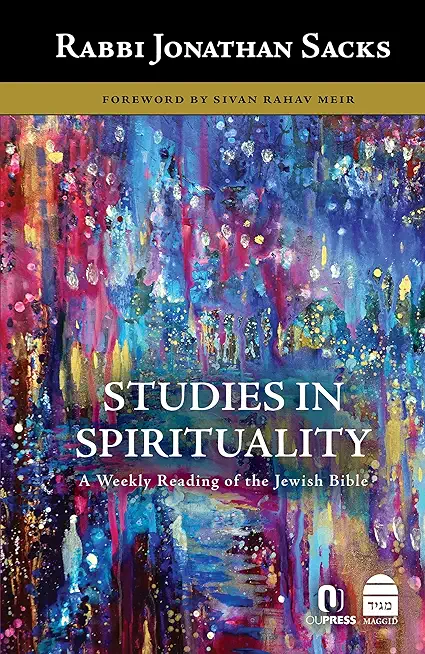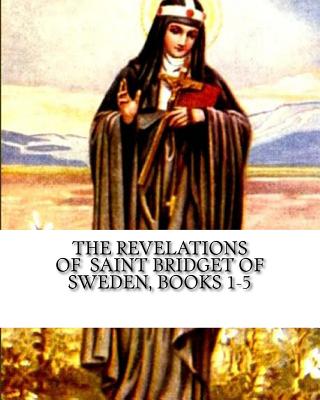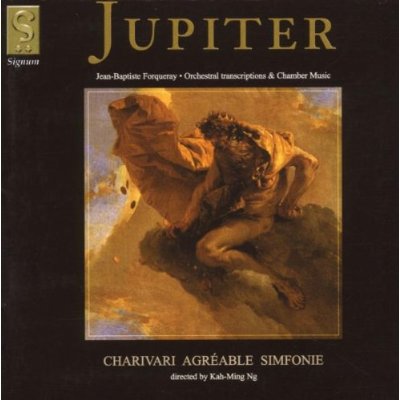
Adesanya, Ineda P.
product information
description
nderstanding the various components of spiritual direction. Early mystics of the Near East and northern Africa created the monastic traditions and were the first psychologists, exploring various practices to test the human capacity. In medieval times, spiritual direction was common in the Roman Catholic monastic traditions. It extended significantly into Protestant Christianity in the late twentieth century by predominantly white and affluent organizations. Spiritual direction has progressively become a global, multi-religious and interfaith practice. This book is a comprehensive and concise text from a spiritual director of color, offering inclusive resources and tools to spiritual directors of many faiths and for people of diverse cultures and traditions. Core skills such a deep listening, hospitality, and discernment are presented with cutting-edge lessons on internal liberation, systemic trauma, and imaginative discovery. Spiritual direction is taught by more than 100 educational institutions and spirituality centers in the US alone, but typical curriculum generally does not reflect current cultural reality and growing diversity. This is a textbook for anyone who studies spiritual direction as both preparation for and deepening of their calling.
member goods
No member items were found under this heading.
listens & views

PIANO CONCERTOS 2 & 3
by RACHMANINOFF / SIGFRIDSSON / SWR RADIO SO / SOLYOM
COMPACT DISCout of stock
$5.75
Return Policy
All sales are final
Shipping
No special shipping considerations available.
Shipping fees determined at checkout.






